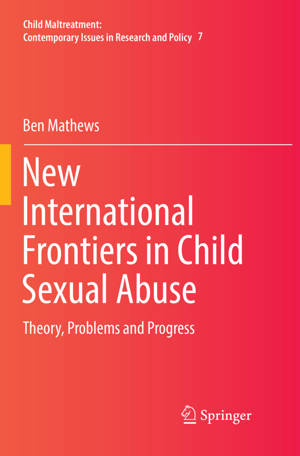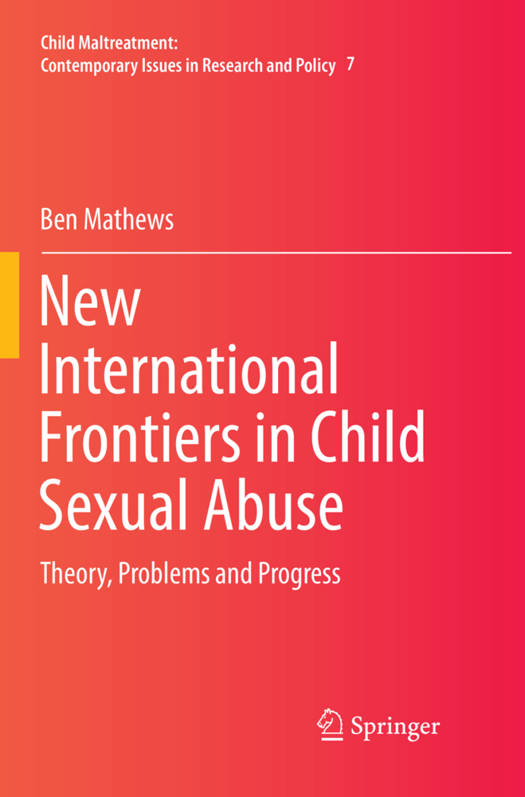
- Afhalen na 1 uur in een winkel met voorraad
- Gratis thuislevering in België vanaf € 30
- Ruim aanbod met 7 miljoen producten
- Afhalen na 1 uur in een winkel met voorraad
- Gratis thuislevering in België vanaf € 30
- Ruim aanbod met 7 miljoen producten
Omschrijving
This book offers a timely and detailed exploration and analysis of key contemporary issues and challenges in child sexual abuse, which holds great relevance for scholarly, legal, policy, professional and clinical audiences worldwide. The book draws together the best current evidence about the nature, aetiology, contexts, and sequelae of child sexual abuse. It explores the optimal definition of child sexual abuse, considers sexual abuse in history, and explores new theoretical understandings of children's rights and other key theories including public health and the Capabilities Approach, and their relevance to child sexual abuse prevention and responses. It examines a selection of the most pressing legal, theoretical, policy and practical challenges in child sexual abuse in the modern world, in developed and developing economies, including institutional child sexual abuse, female genital cutting, child marriage, the use of technology for sexual abuse, and the ethical responsibility and legal liability of major state and religious organisations, and individuals. It examines recent landmark legal and policy developments in all of these areas, drawing in particular on extensive developments from Australia in the wake of its Royal Commission Into Institutional Responses to Child Sexual Abuse. It also considers the best evidence about promising strategies and future promising directions in enhancing effective prevention, intervention and responses to child sexual abuse.
Specificaties
Betrokkenen
- Auteur(s):
- Uitgeverij:
Inhoud
- Aantal bladzijden:
- 307
- Taal:
- Engels
- Reeks:
- Reeksnummer:
- nr. 7
Eigenschappen
- Productcode (EAN):
- 9783030075606
- Verschijningsdatum:
- 26/01/2019
- Uitvoering:
- Paperback
- Formaat:
- Trade paperback (VS)
- Afmetingen:
- 156 mm x 234 mm
- Gewicht:
- 467 g

Alleen bij Standaard Boekhandel
Beoordelingen
We publiceren alleen reviews die voldoen aan de voorwaarden voor reviews. Bekijk onze voorwaarden voor reviews.











